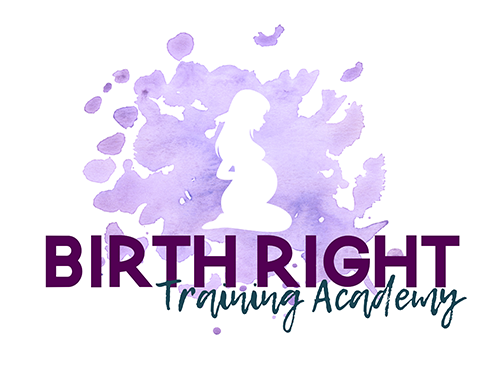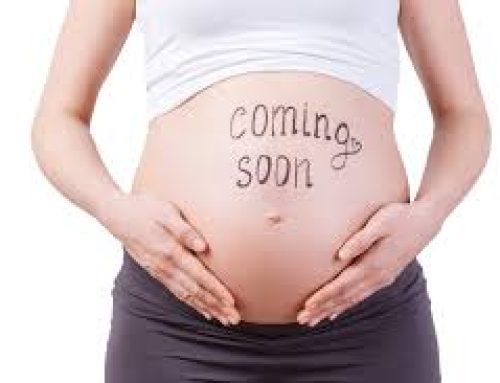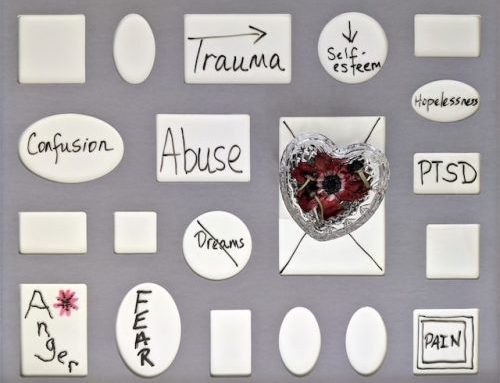SURROGACY – What about the baby?
Surrogacy has been a well-kept secret until the recent baby Gammy saga. It is good that it is now being discussed, publicly.
There are many reasons why women want to have a baby. A woman may not be interested in her 20’s or 30’s, but when that biological clock ticks louder and louder, and the stark reality of ‘it’s now or never’ hits, a number of women suddenly decide they would like to have a baby. Then there are the women who are in a committed relationship and have pressure from their partner to have children. And there are women who, from a very young age, are just desperate to know what it feels like to be pregnant and give birth and become a mother. For this group of women, it is an overwhelming biological urge, that is difficult to put into words. Others have a baby because it is ‘expected’ in their family, and they don’t give it much thought. Surprisingly most pregnancies are not planned.
The article in SMH Good Weekend “Another woman’s child” discusses surrogacy and points out that commercial surrogacy in Australia is illegal and “the birth mother is considered the legal mother in Australia, regardless of the baby’s genetics”. The article describes interviews with 3 women who were ‘altruistic’ surrogates. The definition of altruism is “an unselfish regard for or devotion to the welfare of others”. There is no doubt this is an unselfish act.
BUT…..what about the baby? In no writing or discussion on this subject has there been any concern for the welfare of the baby. Well, I am concerned. Surrogates describe a disconnect with the growing baby, continually needing to remind themselves it is not their baby. In the SMH article one surrogate states: “during the pregnancy, my job was to look after my body so I could gestate the baby, and that was a factor in my emotional detachment.” Another describes how she acknowledges the pregnancy with a pat, and just gets on with her business. This is obviously necessary for the surrogate. So much energy going into detachment from the growing baby but is this potentially damaging for the growing baby?
Parenting begins at conception. In Dr. David Chamberlain’s wonderful book “windows to the womb” – ‘revealing the conscious baby from conception to birth’, he states “it is common for prenates at very early moments in the womb to sense whether they are wanted or unwanted, or by which parent” and “babies can discern a mother’s character and motives, or sense her mental and emotional state”. There have been many studies done on prenatal memory. John T Ham, Jr., in his doctoral work in clinical psychology on prenatal memory, discovered that “womb babies repeatedly demonstrated both self-awareness and awareness of the feelings and behaviours of their mothers. The accuracy of the baby’s perceptions included a gamut of feelings: anger, fear, sadness, helplessness, loneliness, being loved or unloved and being awed or overwhelmed”.
Pregnancy, birth, and the early bonding period set in motion the foundation of life patterns for baby, mother, the mother-child relationship and fathers too. Too often these experiences are not ideal, which can lead to a cascade of diminished opportunities for the baby and child.
Dr. Bruce Lipton, cellular biologist and author of many books on this subject, including “The Biology of Belief” says
“We used to think that only nutrition was provided by the mother to a developing child. The story was, genes control the development, and the mother just provides nutrition. We now know, of course, that there’s more than just nutrition in blood. Blood contains information about emotions and regulatory hormones and the growth factors that control the mother’s life in the world in which she’s living. All this information passes into the placenta along with nutrition. If the mother is happy, the fetus is happy because the same chemistry of emotions that affect the mother’s system are crossing into the fetus. If the mother is scared or stressed, the same stress hormones cross and adjust the fetus. What we’re recognizing is that, through a concept called epigenetics, the environmental information is used to select and modify the genetic program of the fetus so it will conform to the environment in which it’s going to grow, thus enhancing the survival of the child. If parents are totally unaware, this creates a great problem—they don’t know that their attitudes and responses to their experiences are being passed on to their child.”
Dr. Thomas Verny, in his book “The Secret Life of the Unborn Child”, says by the 6th month in utero a baby has gained awareness of himself as a distinct “self” and is able to convert sensations into emotions, and he begins to be shaped increasingly by the purely emotional content of his mother’s messages.
I could go on quoting but I believe, as a society, we need to think very carefully about surrogacy – NOT the parents, but about what is happening for the baby if his ‘surrogate’ has a total disconnect from him. This is a very frightening thought.
Most parents wish, when they make the decision to have a baby, is to create a high quality human being, emotionally, physically and spiritually.
Life throws up many disappointments. We learn to change, adapt and find a new direction for most situations. The question is should we accept surrogacy as a legitimate option for those who cannot have a baby OR should we be providing counselling and support for those who cannot, and help them move forward in their lives, without a baby?
Love to hear your thoughts?




